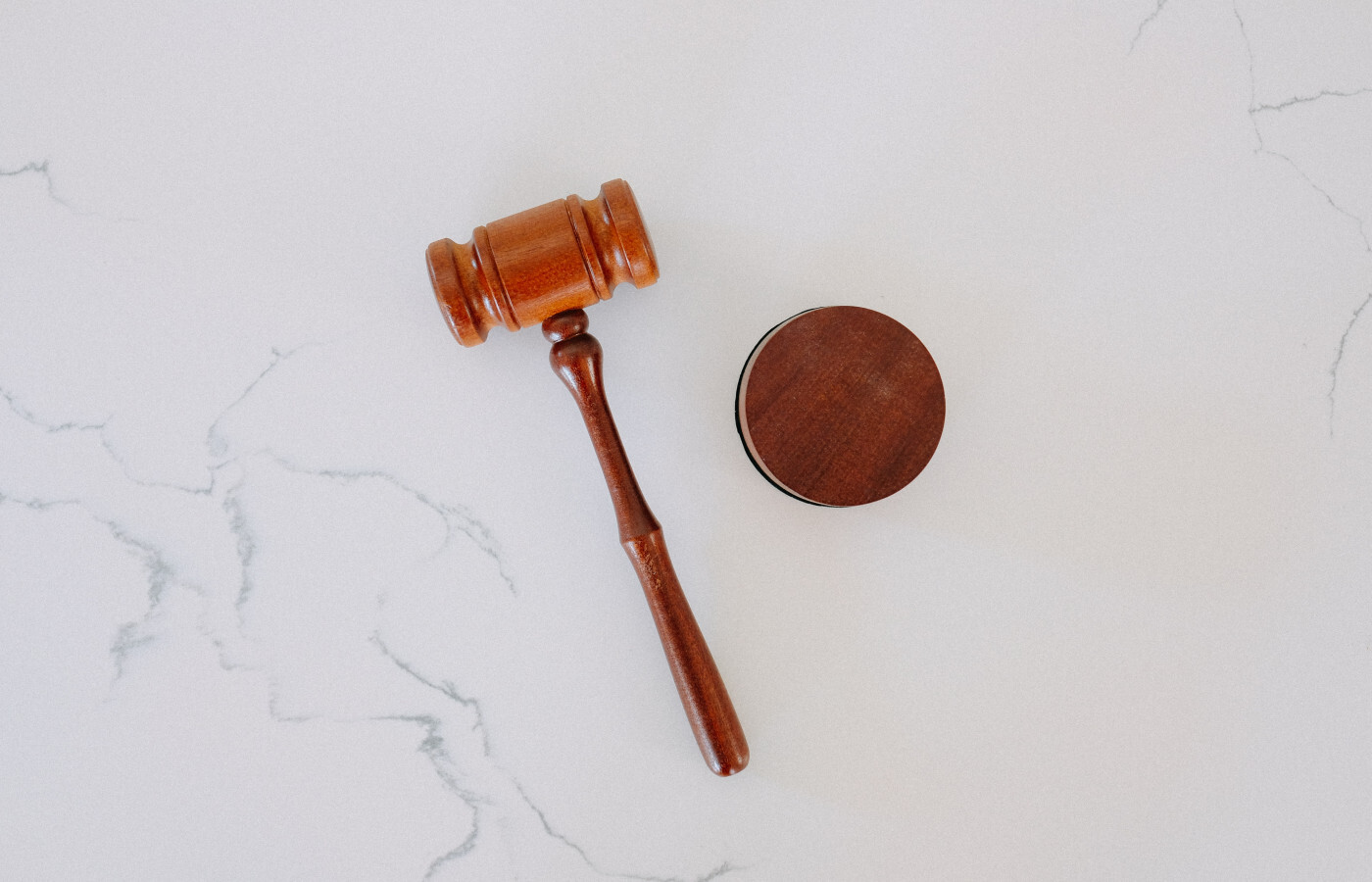
Hearing protection is an essential element of workplace safety, aiming to prevent risks associated with excessive noise. A thorough understanding of hearing protection standards is crucial to ensure compliance and guarantee optimal safety. In this article, we will explore international and regional standards, their significance, and how Safehear products adhere to these standards.
Hearing protection standards vary by region, but there are widely recognized international standards. Among these, ISO 4869-1 establishes acoustic protection levels, while ANSI S3.19 is commonly used in the United States. In Europe, EN 352 standards define requirements for hearing protectors.
Discover how Safehear products, such as "Louis," meet these standards.
ISO 4869-1 specifies acoustic protection levels based on ambient noise levels. Similarly, ANSI S3.19 establishes noise reduction levels for different types of hearing protectors. Understanding these figures is essential for choosing equipment suitable for the work environment.
Explore our articles to ensure optimal protection.
Choosing equipment compliant with hearing protection standards is crucial to ensure effectiveness and safety. Consider the noise level to which workers are exposed, the type of work environment, and ensure that products comply with current standards. Safehear products, designed for noisy environments up to 100 dB, offer a reliable solution.
By understanding hearing protection standards, you can make informed decisions to ensure the safety and well-being of workers exposed to high noise levels. Safehear products, such as "Louis," are precisely designed to meet these standards and provide effective communication in noisy environments.
Discover Safehear to guide you in hearing protection compliant with current safety standards.
We use technical and analytics cookies to ensure that we give you the best experience on our website. More info.